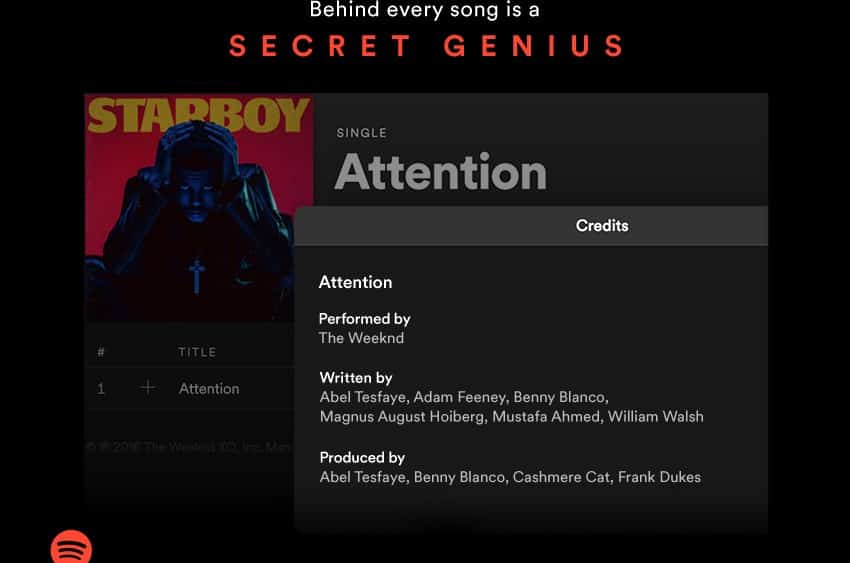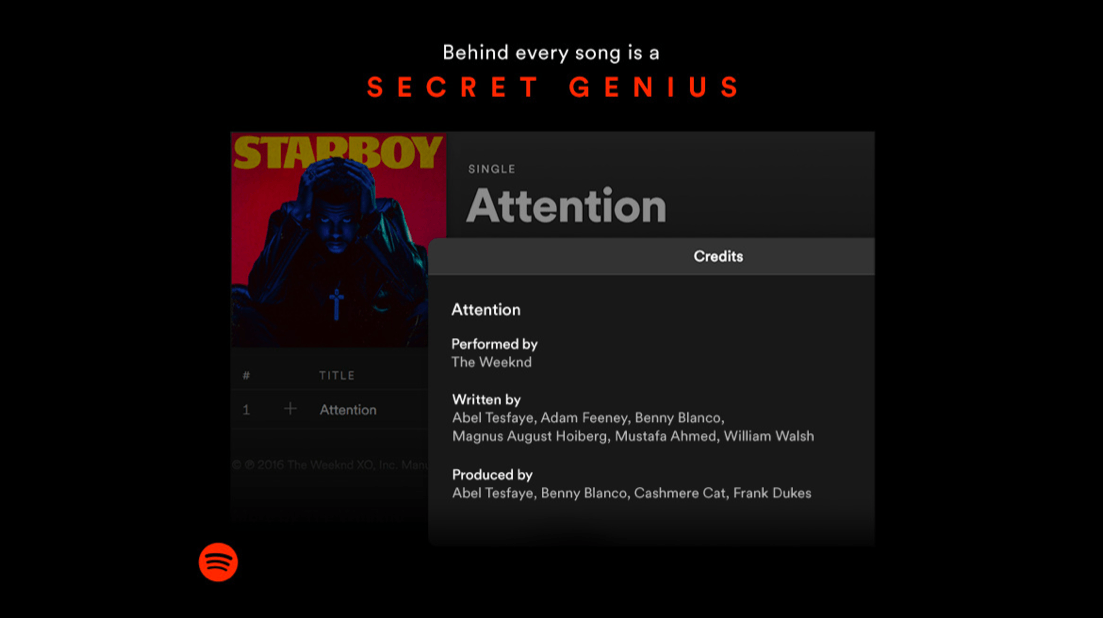Our friends at Royalty Exchange round up and analyze the top news stories of the last fortnight in music royalties.
Week ending January 26th: Sales, Streams, and Settlements: The History Behind the Enrique Iglesias Breach of Contract Suit
Enrique Iglesias Sues Universal Music Group For Breach of Contract, Underpaying On Streaming (Billboard)
Benom’s Take: Our leading story this week is a throwback to the genesis of digital music consumption. Apparently, the early struggles between artists and their labels over how digital music royalties are shared is still going strong. Before the public, the government, and the music business could really grasp this whole “internet” and “streaming” thing, artist royalty provisions in record contracts were virtually silent, or at best confusing, regarding digital music royalties.
So naturally, the Enrique Iglesias lawsuit is not the first such suit regarding label payments for streaming. Some watershed moments include the FBT v. Aftermath case involving Eminem’s royalties, and a 2015 class action lawsuit including Chuck D, Rick James, Whitesnake, and others.
Without getting into deep legal waters, the primary contractual issue there is still under debate, and it goes something like this:
How are royalty rates split between income generated from “sales” and income generated from“licenses?” The contractual definition of “sales” and “licenses” could be the difference in millions of dollars.
A common provision found in record contracts states that the artist will receive a lower royalty share for “sales” (usually averaging in the ballpark of 15%, inclusive of the producer royalties), while “licenses” would earn the artist a much larger 50% share. “Sales” are usually defined as sales of private, permanent copies of sound recordings, like physical albums. “Licenses” could be something where users or companies pay actual licensing and royalty fees, to essentially “rent out” the sound recording.
The most common example of a “license” is a TV/Film use where the record label’s sound recording is synced up to a particular scene. After the FBT case, the major labels changed their accounting terms to deem digital downloads as “licenses,” earning artists a 50% share for permanent downloads. The Enrique Iglesias lawsuit states that his renegotiated deal in 2010 did not address streaming royalties. He also claims that up until 2016, Universal was paying the 50% digital download rate for streaming, before changing to the lower rate. [READ MORE]
And now for this week’s other headlines:
- Senate Moves Forward On Music Modernization Act (Billboard)
- Spotify’s Troy Carter on Goals, Frustrations and ‘Meritocracy’ (Variety)
- YouTube Is Paying Artists’ Promotion Budgets…If They Promise Not To Criticize YouTube, Says Report (MBW)
- SoundExchange Launches ‘NOI Look Up’ Database to Fix U.S. NOI Copyright Problem (MBW)
Week ending February 2nd: Spotify Brings Songwriter Credits from Vinyl to Streaming

